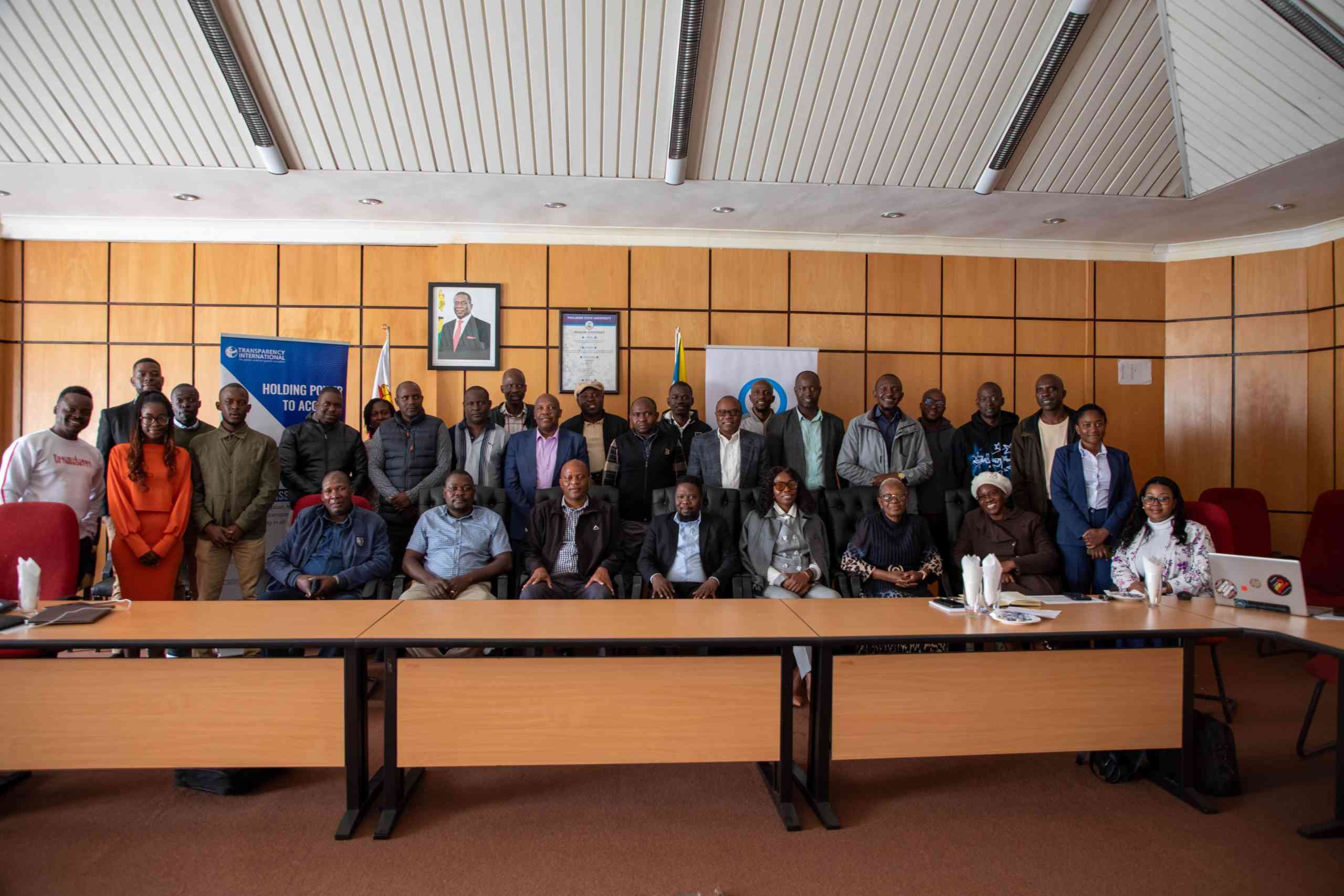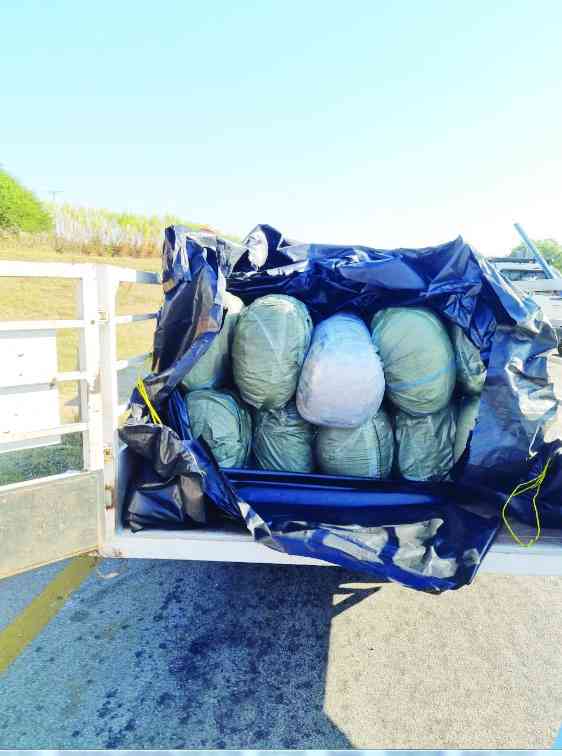
Parliament’s public accounts committee (PAC) report has flagged serious financial challenges within the Hwange and Gweru municipalities.
The PAC’s report tabled in Parliament said the two councils werere plagued by delays in submitting financial statements, staff shortages and use of outdated systems, which undermined transparency and accountability in the management of public resources.
In Gweru, the council has struggled to submit financial statements for the period of 2020-2022.
Acting town clerk Livingston Churu admitted to the PAC that staff shortages and salary backlogs had crippled the council’s ability to meet statutory deadlines.
“The substantive director of finance had been unwell since 2019 and passed away in 2021, leaving a gap that disrupted operations,” Churu explained.
To manage the workload, council resorted to recruiting students and graduate trainees to manually reconcile bank transactions, a time-consuming process prone to errors.
Compounding the issue is Gweru’s reliance on an outdated accounting system, Promun, which was described as inadequate for handling the council’s high volume of transactions.
The PAC said “given the volume of transactions Gweru City Council handles, the Promun system is too small for its stature.”
It recommended upgrading to a more robust system by December 2024 to enhance efficiency and ensure timely reporting.
Hwange faced similar challenges, with both the local board and rural district council (RDC) failing to submit financial statements from 2019 to 2022.
Acting CEO of the local board Paulos Mabhureni, and CEO of the RDC Phindile Ncube cited staff shortages, financial constraints, and technical failures as major setbacks.
“The finance director left in 2020, and the position remains unfilled, affecting the council’s ability to prepare accounts for auditing on time,” Mabhureni stated.
A significant blow came in 2023 when Hwange RDC’s central server collapsed after being struck by lightning and this forced the council to recompute financial records manually.
This process further delayed audits.
“The collapse of Hwange RDC’s central server necessitated manual recomputation of the council’s books of accounts, a time-intensive process,” the PAC observed.
The report emphasised the need for contingency planning, urging the RDC to invest in backup systems and disaster recovery training by August 2024 to avoid similar disruptions in the future.
Both Hwange and Gweru also face a high staff turnover, particularly in finance departments, due to poor conditions of service.
In Hwange, efforts to fill vacancies have repeatedly failed as candidates declined offers, citing low remuneration.
The PAC expressed concern over the impact of unfilled positions, noting that “critical roles in public finance management remain in acting capacities, undermining accountability and efficiency”.
The report paints a concerning picture of systemic failure in local governance, with implications that extend beyond these two regions.
“Failure to submit financial accounts to the Auditor General undermines transparency and accountability in the management of public resources,” the PAC warned, calling for immediate interventions to address these challenges.
To restore public trust and improve governance, the PAC recommended modernising accounting systems, filling key finance roles, and implementing robust technical infrastructure.
For Gweru, this means upgrading to a more efficient accounting system, while Hwange should prioritise disaster preparedness and attract qualified personnel to stabilise its operations.
Addressing these issues is crucial not just for compliance, but for ensuring that public funds are managed transparently and effectively.
The PAC said these reforms were not optional, but necessary to rebuild the integrity of local governance in Zimbabwe.









